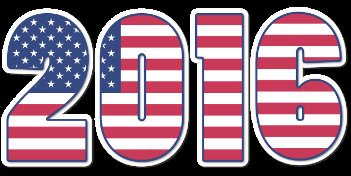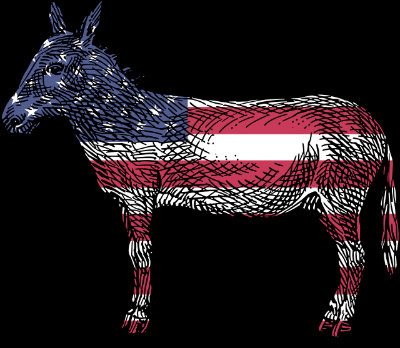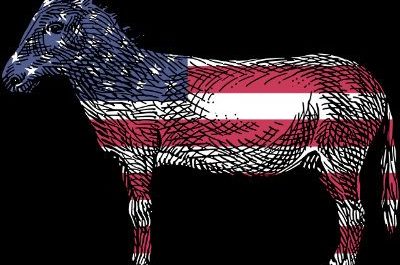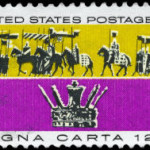Where Did Political Terms Come From?
When thinking of politics in the United States, most people likely have some familiarity with political terms and symbolic labels. Political terms and labels are not new. Politicians, citizens, and the media periodically use political terms and labels that sometimes date back to early American History.
Discover the origins of some of the popular political terms associated with political parties in American Politics.
Political Terms And The Origin of Democracy In The United States?
The term “Democracy” is not a phrase that originated in the United States. Live Science dates democracy back to the Greeks and Romans and then again with the signing of the Magna Carta.
Eventually, after the signing of the Declaration of Independence and the United States Constitution, “democracy” came to mean a system of government that establishes the separation of powers of the branches of government and features a system of religious freedoms. Additionally, it establishes the separation of church and state. The term democracy also establishes basic civil rights for people.
Left Wing And Right Wing Politics
Some people likely do not know the differences between the terms “Left wing” and “Right wing.” These popular political terms did not originate in U.S. politics. The terms actually originally referred to the seating arrangement when the French National Assembly gathered in 1789 to draft their constitution.
Several sources explain that those in attendance divided themselves, according to which side of the issues the delegates were on when it came to making crucial political decisions. The liberal delegates sat on the left while the King’s devoted, conservative supporters sat on the right.
The media actually coined the political terms “Left” and “Right” to describe the positions of the French Assembly delegates. Eventually, the “Left wing” and “Right wing” political terms made their way to the United States but were not popularly used in the U.S. until the early 20th century. The coined terms continue today, with the more-liberal Democrats considered “Left wing” and the more-conservative Republicans described as “Right wing.”
PR Newswire discusses a Harris Poll online survey indicating that some Americans have only a vague idea of the meaning of the terms “Left-wing” or “Right wing.”
The Harris Online Poll determined, for example, that while many people know what the term “Conservative” means, far fewer understand exactly what the term “Right-wing” means. When asked about the political term “Left wing,” respondents did associate the term with liberals but still did not seem to understand “Left wing.”
The Political Donkey And The Elephant
While associating the donkey with Democrats and the elephant with Republicans, these terms, and political icons are not new in American politics. The political donkey and elephant actually originated from political cartoons of the 19th century.
Thomas Nast, a cartoonist at Harper’s Magazine from 1862 to 1886, recognized the powerful influence of political cartoons. The Smithsonian credits Nast with popularizing the depiction and origin of the donkey with Democrats and the elephant with Republicans.
Who Is Uncle Sam?
Many Americans likely remember military posters of “Uncle Sam,” dressed in patriotic red, white and blue, saying, “Uncle Sam wants you!” Some people use the political term “Uncle Sam” when talking about paying taxes or referring to the U.S. Federal Government.
Uncle Sam did not originate with those military posters. The political term “Uncle Sam” refers to an actual person by the name of Samuel Wilson.
The Longview News-Journal released information explaining that Wilson, a meat packer, supplied beef to the U.S. Army during the War of 1812. The shipments of beef contained a label stamped “U.S.” meaning “United States.” However, soldiers created their own term, referring to their beef shipments as coming from “Uncle Sam.” Nast put his artistic talents to work and created the cartoon-like depiction of Uncle Sam to go along with the political term.
So there you have it, seeing as it is election season, you can be brushed up on the origin of where some of the terms you’ll here come from.







